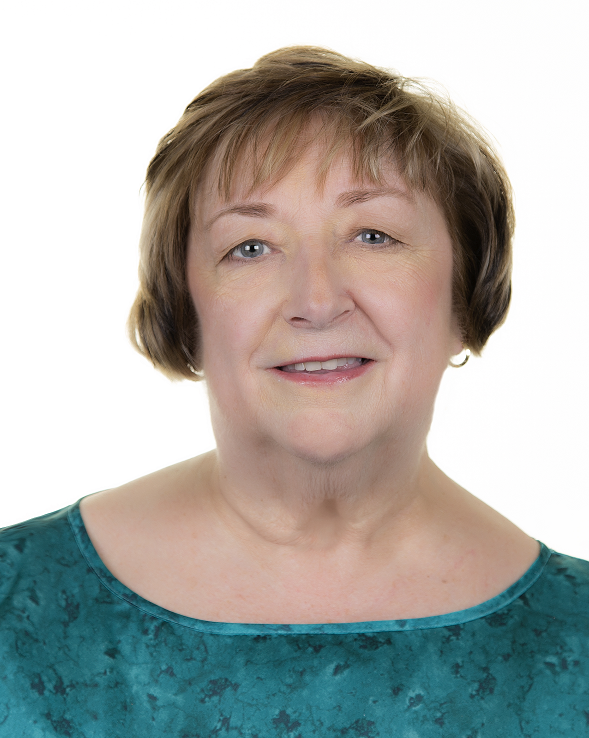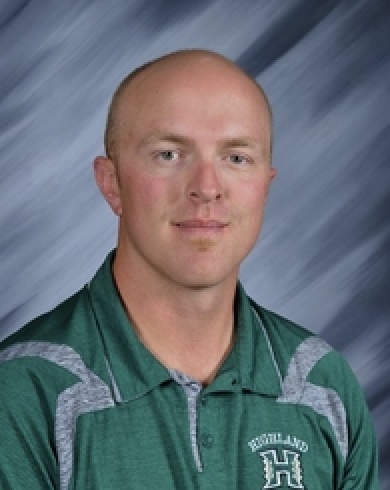
Vital Stats
Name: Lori Dumerer
School Name: RL Turner High School
City, State: Carrollton, TX
Subjects Taught: AP US Government; AP Macroeconomics; AP US History; Pre-AP USH
Grades Taught: 12, 11
Years Teaching: 19+ Honors: Texas Council of Social Studies Secondary Teacher of the Year Award for 2002; a Humanities Teacher of the Year award in 2014 from Humanities Texas, an affiliate of National Endowment for the Humanities; Who’s Who in American Education and in the World
As a social studies educator with nearly 20 years of teaching experience, Lori Dumerer believes today’s political environment presents unique challenges to those who teach American History and U.S. Government.
“I have never before felt like I had to be so careful in explaining what is occurring in government,” says Dumerer, who teaches at a public high school in Carrollton, Texas. “I try to make public policy a focus of the course but I am discovering that articulation of a defined policy is not always clear.”
Fake News and the Federalist
Dumerer says one of her challenges is knowing how to answer students’ questions about fake news. “Students are asking why some politicians claim that news outlets are reporting ‘fake news’ when they can see the information is presented with evidence that can be verified,” she says. In response to students’ confusion about “inaccurate political messaging,” as Dumerer puts it, she has been lecturing and leading classroom discussion on the Federalist papers, particularly Nos. 47, 49 and 51.
“We have been examining how the system can keep extreme ideas in check,” she says. “To preserve democratic government, I have to subscribe to Madison’s ideas about factionalism laid out in Federalist No. 51.”
Dumerer believes it is critical to help students engage in civil discourse with one another. “My students must be able to respectfully disagree with another person who may hold opposing viewpoints,” she explains. “In my classes, students come to understand that they are free to express controversial views.”
Agreeing to Disagree
Before students’ first Socratic seminar, they practice using each other’s surname and acknowledging one another’s views, Dumerer say. “We practice respectfully disagreeing with one another and talk through how to diffuse confrontations in class,” she adds. “They must use evidence from documents to support their claims in speaking as well as in writing.”
To stir interest in U.S. government and civics, Dumerer looks for ‘trigger’ issues that she knows will spark student engagement. “I try very carefully to listen to what students’ concerns are and to incorporate some aspect of that issue into the class,” she says. “I do intentionally integrate humor where possible and find students pay more attention when they have been able to laugh at some aspect of the content.”
At the heart of Dumerer’s teaching philosophy is a desire to help students learn how to become active participants in society. “Our society gains immensely since knowledgeable students will help shape the direction government leans,” she says.
Trends of Tomorrow
Looking ahead, Dumerer says the trends that will most influence social studies teachers in the future are technology-related. “In schools across the country, teachers are asked to integrate technology in new ways so that students learn how to garner raw data and factual information to be used in real-time applications,” she says. “This necessitates teachers embracing a variety of applications and discovering meaningful uses.”
Dumerer also believes that social media will play a crucial role in education for both teachers and students. “Additionally, social studies education is likely to become more experiential, with opportunities such as internships or shadowing professionals the norm rather than the exception.”
After dedicating so many years of her life to teaching, what does Dumerer hope to leave as her legacy to her students? “I hope that years after leaving my class, my students will remember three points,” she says. “First, our government works because we participate; second, success is earned through failure; and third, we should practice tolerance.”



